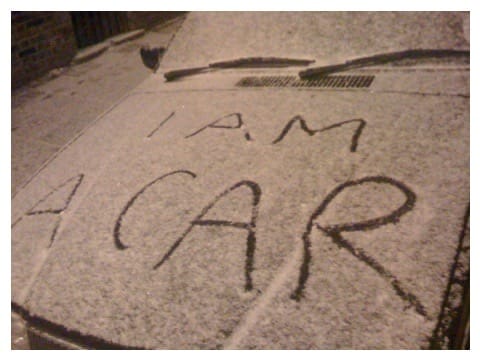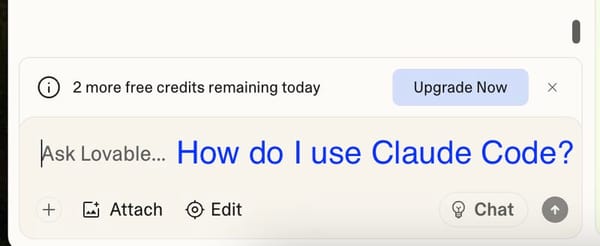Facebook wants you dead

Back in September 2010, Facebook went on a really interesting PR offensive – including a flurry of activity when The Social Network launched and the announcement of a $100m donation (of Facebook stock) to American education.
I find the latter of these especially interesting when considering Facebook’s big picture strategy for the next few years- to explain why, join me for a brief history lesson.
Old school
According to the new Facebook Timeline, I joined Facebook in my first six months at Uni – on the 17th of February 2006, to be precise. That’s SIX YEARS AGO (and also interestingly the month before Twitter was founded and five months before its launch.)
What I joined was more or less unrecognisable from what we have today. At that stage, Facebook was a closed, secure service open only to University students, setting it apart from a range of contemporaries plagued by anonymity and unclear purpose.
At a time when remembering peoples’ names wasn’t guaranteed, it was ultra convenient to keep track of shared goings on, parties and the massive range of people you meet at that time.
Before Beacon, Platform and even the newsfeed (Sept 2006), it was an uncomplicated, private service with a single clear and limited use.
Just take a look from Facebook in 2006 (Click for big):

What Facebook do people join today?
By contrast, anyone over university age who joined at public launch later that September, was really signing up for something altogether different.
Those sign-ups faced the challenge of finding people to interact with – hunting down old friends or adding those that they saw regularly enough to stay in touch with anyway. What’s more, as time goes on, it has started bugging registrants to add and share as much info as possible to ensure it has the richest possible data on your demographic and interests.
Add the constant nagging from Events, Groups, Pages, Applications, Marketplace (the list goes on) and its quite a different prospect now. Plus you’re expected to Like every brand under the sun?
The 2011 backlash
 All this pressure fuelled the push in 2011 for people to delete their Facebook page – and in a way, I can see why people would have been susceptible to do that if they joined post-Uni.
All this pressure fuelled the push in 2011 for people to delete their Facebook page – and in a way, I can see why people would have been susceptible to do that if they joined post-Uni.
This wobbly transitional generation who have to ‘port’ their relationships onto the platform rather than just adding people as they meet them must make up a big chunk of the user base – and I’d wager has been the most difficult audience for Facebook to increase usage with and keep happy.
But really, while Facebook juggles this group through a forced smile and gritted teeth, it wants them dead. The real future of the platform lies at the feet of the generation Zuck’s investing in in every way.
Talkin’ bout (and Sharing and Liking) my Generation
There’s another set of people who were late to the party – the six years’ worth of young kids and teenagers who have joined Facebook while growing up.
Anyone with under-18s in their timeline may be familiar with what I’m describing, these kids wander into social media and lay everything on the line. They’ll argue with their girlfriend for 200 comments on someone’s post or Like 150 pages over a weekend including everything from “the cold side of the pillow” to “Nike”.
For this lot, and especially with features like Timeline that will take on a whole new depth of richness for long-term users, their friendships will all be established through Facebook and there’ll be no question of deleting their page. It’s as natural to them as Search and Google are to us.
A dying breed
Let me conclude on a comparison with a famous Steve Jobs anecdote quoted from here:
When I got my first Mac, it came with the Macintosh Intro, a disk that held a little tutorial explaining how to use various parts of the Macintosh. Among the topics covered was what a mouse is and how to use it.
According to various reports, when someone suggested to include a touch-typing tutorial in this intro as well, since many people did not know how to use a keyboard, Steve Jobs simply said not to bother as those people would die out eventually.
If you fit the post-Sept 2006 group, this is how Facebook sees you, cluttering up its demographics while the real users slowly graduate – and you can bet they’re just waiting for you to die out.


